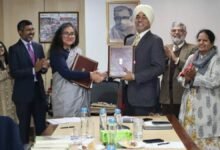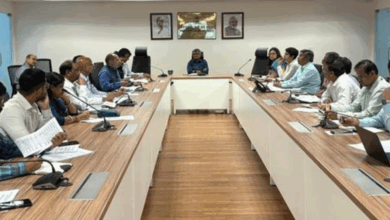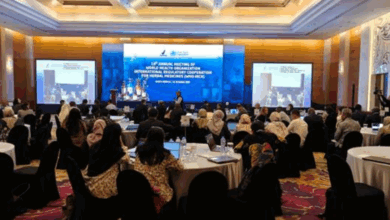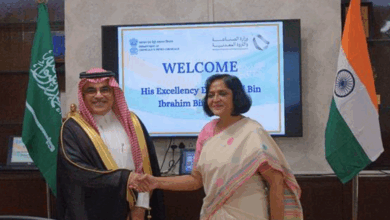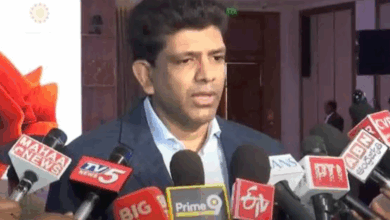Ministry of Rural Development Organises Workshop on Mission Amrit Sarovar
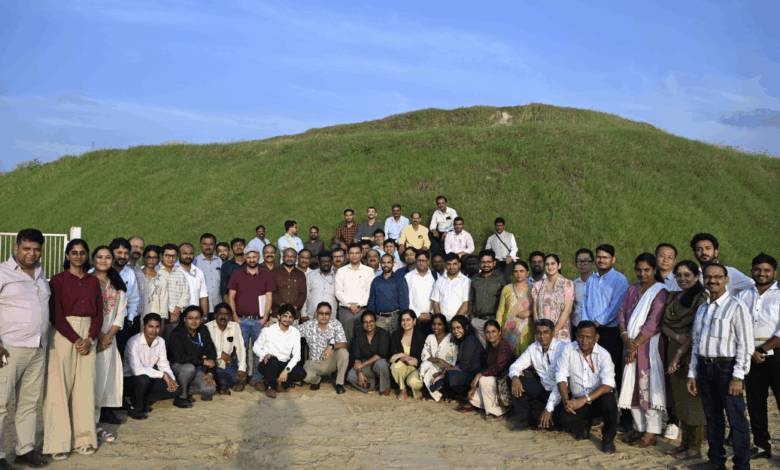
Modalities To Enhance Technical Capacity and Foster Collaborative Innovation for the Mission’s Second Phase Discussed
Union Ministry of Rural Development organised a national workshop on Mission Amrit Sarovar on the 11th of this month at PUSA Campus in New Delhi. The event brought together all key officials from the states and the Union Territories and discussed the modalities to enhance technical capacity and foster collaborative innovation for the mission’s second phase.
Mission Amrit Sarovar, which was launched by the Prime Minister in 2022 to create 50,000 ponds across the nation by August 15, 2023, has now entered its second phase, which focuses on Jan Bhagidari and technical innovations to strengthen the grassroots systems for implementing the mission on the ground and conducting outcome-based monitoring of ponds.
The workshop’s agenda centred on reinforcing the mission’s technical foundations and transforming Amrit Sarovars into sustainable, community-driven hubs. Discussions and sessions focused on moving beyond initial targets, which were already surpassed with over 68,000 ponds created.
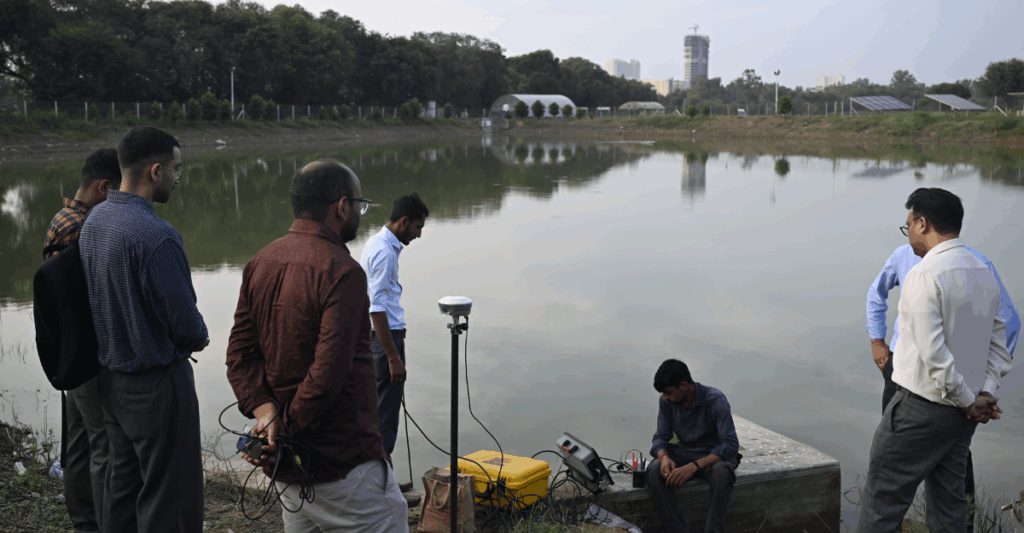
The main highlight of the event was the in-depth technical training on volumetric measurement, a crucial metric for assessing the mission’s impact. As a part of the Memorandum of Understanding (MoU) between the Ministry of Rural Development and IIT Delhi, experts from IIT Delhi presented a new framework designed to ensure consistent and accurate assessments of the volume of Amrit Sarovars using techniques like SONAR (Sound Navigation and Ranging),
DGPS (Differential Global Positioning System), flagstaffs, Photogrammetry, and LiDAR (Light Detection and Ranging), simplifying the measurement of irregularly shaped natural ponds. This session, followed by a hands-on training exercise at PUSA Amrit Sarovar Pond, IARI Complex, New Delhi, equipped officials with the practical skills needed for effective implementation of the mission on the ground.
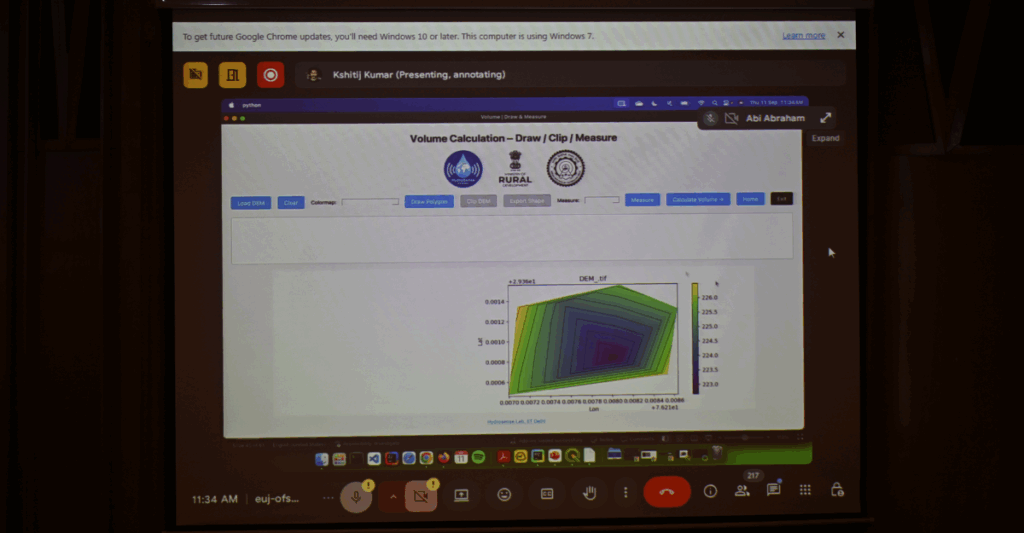
Additional sessions provided a digital walkthrough of the Amrit Sarovar Portal and Application, which is developed by BISAG-N, offering tools for seamless outcome-based monitoring and transparency in the implementation process. The collective focus remains on strengthening the technical design of each Amrit Sarovar in a participatory manner to ensure its long-term viability and to build a resilient water infrastructure across the country.
The workshop also served as a vital platform for states to share successful livelihood models around Amrit Sarovars and financial convergence models for constructing/rejuvenating Amrit Sarovars. These stories highlighted the principles of water justice, social unity, and ecological harmony among stakeholders while implementing the mission.
Disclaimer: This is an official press release by Pib.

